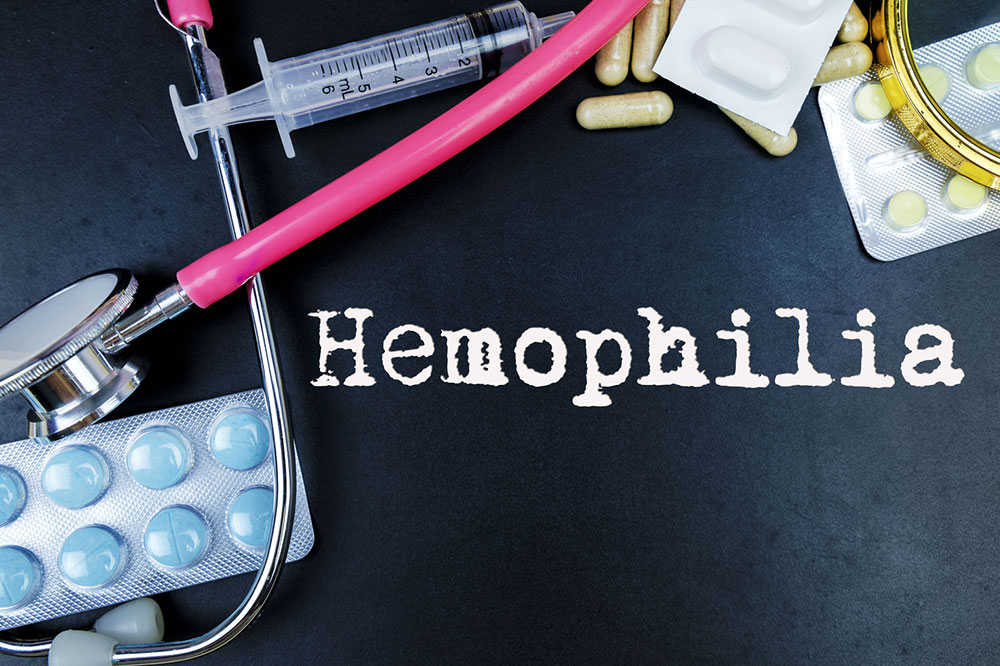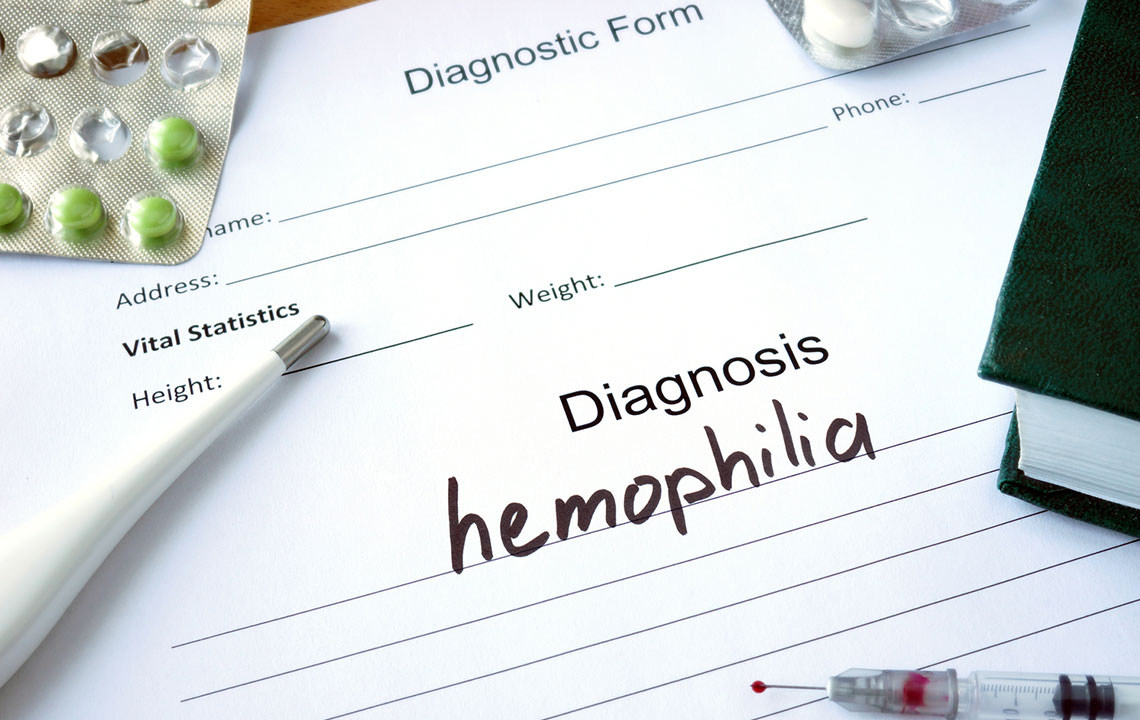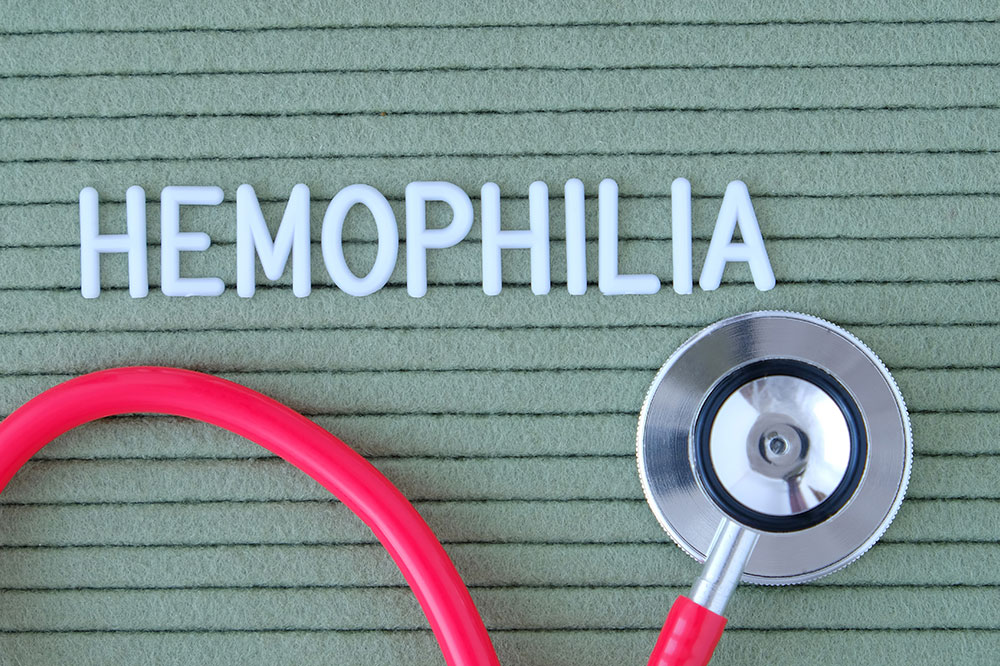Comprehensive Guide to Managing Hemophilia Effectively
This comprehensive guide offers detailed strategies for managing hemophilia effectively through medical treatment, nutritional support, lifestyle modifications, and preventive care. It emphasizes modern therapies like recombinant clotting factors, dietary tips to boost blood health, and safety habits to reduce bleeding risks. Patients and caregivers can follow these practical approaches to enhance quality of life and prevent complications. Staying proactive with regular monitoring and vaccinations is essential to long-term health and well-being for individuals living with hemophilia.

Comprehensive Strategies for Effective Hemophilia Management
Hemophilia is a hereditary bleeding disorder characterized by the body's inability to form proper blood clots due to a deficiency in clotting factor VIII. This rare but serious condition primarily affects males and is estimated to occur in about 1 in every 5,000 male births worldwide. Although there is currently no definitive cure for hemophilia, advances in medical science have provided effective management options that enable individuals with the condition to lead active and healthy lives. Proper management involves a combination of medication, nutritional support, lifestyle adjustments, and preventive measures. This comprehensive guide delves into the most effective strategies to manage hemophilia, aiming to reduce bleeding episodes, improve quality of life, and prevent complications.
Modern Approaches to Hemophilia Treatment
At the core of hemophilia management is replacing the missing or deficient clotting factors. This process is often achieved through advanced medication options that restore the blood's ability to clot properly. One of the most significant breakthroughs in recent years has been the development of clotting factor concentrates, particularly recombinant versions, which are bioengineered using DNA technology to produce high-purity clotting factors safe for long-term use. The FDA has approved several recombinant factor concentrates, offering patients safer, more effective treatment options. For example, Hemlibra® (emicizumab-kxwh) is an innovative medication that mimics the action of factor VIII, reducing bleeding episodes and enhancing quality of life. Similarly, Kovaltry® is another established recombinant factor VIII product used specifically for hemophilia A, helping to prevent and control bleeds effectively.
Replacing missing coagulation factors through engineered biopharmaceuticals is the cornerstone of modern hemophilia management. These bioengineered products are designed to be highly potent, with fewer impurities and a longer shelf life, making treatment more consistent and reliable. Ongoing research continues to refine these therapies, aiming to develop longer-acting formulations that reduce the frequency of infusions. Such advancements significantly improve patient compliance and convenience, especially for those managing chronic conditions.
Importance of Nutritional Support in Hemophilia Care
Proper nutrition plays a vital role in managing hemophilia by supporting the body's natural ability to recover from bleeding episodes and maintain overall health. Iron intake is especially critical, as iron deficiency can be a consequence of recurrent bleeding, leading to anemia and fatigue. To support healthy hemoglobin production, individuals should include iron-rich foods such as lean meats like chicken and turkey, seafood, liver, beans, eggs, leafy greens like spinach and kale, fortified snacks, and dried fruits like apricots and raisins. Combining these foods with vitamin C-rich sources such as citrus fruits, bell peppers, and tomatoes enhances iron absorption, maximizing nutritional benefits.
In addition to iron, a diet rich in high-quality proteins supports muscle strength and joint stability, which are crucial for individuals prone to bleeding. Incorporate lean proteins like chicken, turkey, fish such as salmon and mackerel, eggs, legumes, and tofu into daily meals. Dairy products—low-fat milk, cheese, and Greek yogurt—supply calcium necessary for healthy bones and joint integrity, aiding recovery from injuries and preventing osteoporotic conditions that could worsen bleeding risks.
Lifestyle Adjustments to Minimize Bleeding Risks
Living with hemophilia demands careful lifestyle choices to reduce the likelihood of bleeding episodes. Engaging in gentle, low-impact exercises such as swimming, walking, or stretching can strengthen muscles and support joint health without overstressing vulnerable areas. It's vital to avoid high-impact activities that could cause injuries, as trauma remains a leading trigger for bleeds.
Patients should also steer clear of non-steroidal anti-inflammatory drugs (NSAIDs) and other blood-thinning medications unless explicitly prescribed by a healthcare professional, as these can significantly increase bleeding risks. Maintaining excellent dental hygiene is equally important since gum disease or dental trauma can lead to bleeding complications. Protective gear—such as helmets, knee and elbow pads—should be used to shield children and active individuals from injuries. A safe environment reduces the chances of accidental trauma, thus preventing potential bleeding episodes.
Preventive Care and Routine Monitoring
Prevention and early intervention are central to effective hemophilia management. Regular checkups with healthcare providers help monitor disease progression, assess treatment effectiveness, and adjust therapies as needed. Annual screenings are crucial for detecting early signs of joint damage, bleeding tendencies, or other complications.
Vaccinations are another vital component of preventive care, especially against infections like hepatitis B and C, which are more common in hemophilia patients due to historical blood product contamination. Keeping infections at bay minimizes additional health burdens and supports overall well-being. Patients and caregivers should be trained to recognize early symptoms of bleeds, such as unexplained pain, swelling, or bruising, so that prompt treatment can prevent serious complications.
In conclusion, managing hemophilia effectively requires a holistic approach that combines advanced medical therapies, nutritious diets, lifestyle modifications, and vigilant preventive practices. By staying informed and proactive, individuals with hemophilia can lead active, fulfilling lives while minimizing risks associated with this chronic condition.





